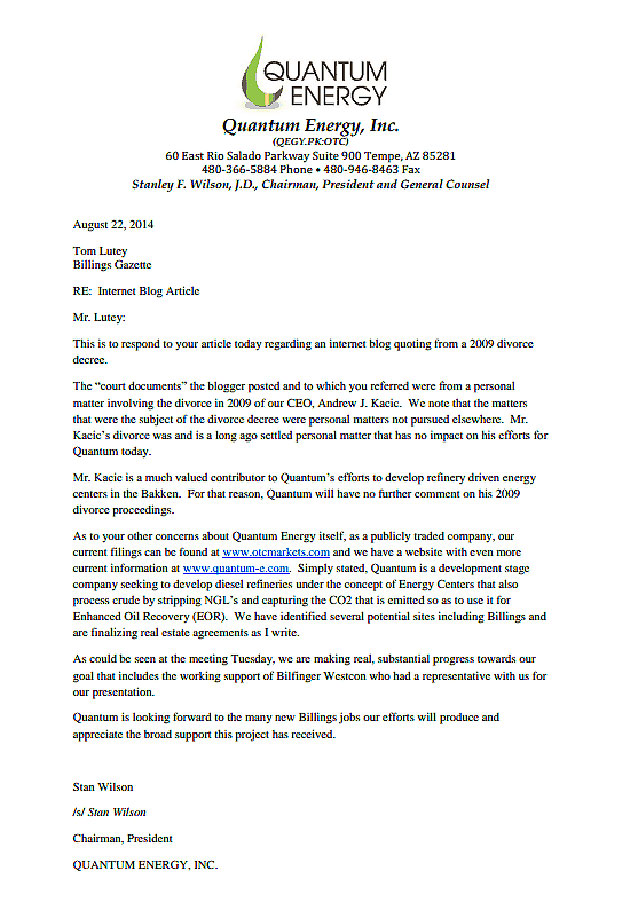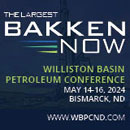“What we see is the technology is changing rapidly.
We want to stay at the forefront of that.”
Are regulatory updates across the Rockies states encouraging or hindering reusing produced water for fracking?
For us, in the Piceance basin, I’m going to say encouraging. The state is really supportive of water sharing agreements within the Piceance basin. So that’s a yes.
There is a lot of pressure towards reusing produced water for fracking currently – how can operators manage these pressures?
I believe most operators want to reuse their water, and for us there are regulatory pressures. Because we use slick water approach to complete our wells, it makes it easier for us to recycle our water. When you go to the front range, where operators’ chemistry requires a more complicated completion fluid, it becomes more difficult. So here, it’s very straightforward.
For us, there is a cost of recycling the produced water, but it makes more sense than pulling freshwater out of the river; this gives us a real advantage.
Water sources are under stress from industries besides the oil and gas industry, do you believe reusing produced water is the solution to water sourcing issues? Using produced water is a good option for all operators. Obviously, there are economic restraints depending on the quality of water you have to clean and where you have to take it to, to reuse it. Locally, we’re sensitive to the stress of sourcing freshwater – obviously in Colorado, water is key to everyone. We made the switch to recycling close to 100% of our produced water and really, in the local community’s eyes, it made sense. It’s something that we’re proud of.








